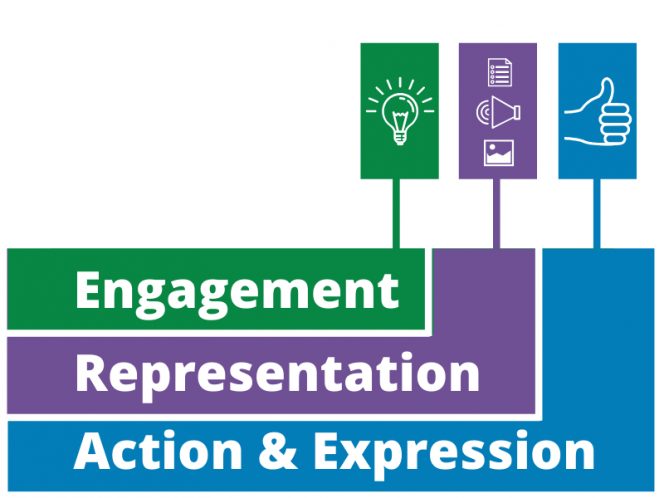
Our 3rd International UDL Symposium - Changing mindsets, changing practice
Monday September 15 and 16th, 2026. Westgrove Hotel Clane, Co Kildare.
Registration is now open!
This year's UDL Symposium theme is Inclusion: Changing mindsets, changing practice. Universal Design for Learning (UDL) is a framework for addressing the educational needs of diverse and variable learners in many settings across many stages of life. The UDL Guidelines can be used by educators, curriculum developers, researchers, parents, employers, and anyone else who wants to enact the UDL framework in a learning environment.
The purpose of this UDL International Symposium is to create an opportunity for those at all stages of their UDL journey to come together and share their learning. We invite those using or interested in using UDL in their practice, researchers, and experts across a variety of educational and inclusion settings to facilitate workshops where we can further develop our knowledge, understanding and practice of UDL.
This year's symposium will be an in-person event at the Westgrove Hotel, Clane, Co. Kildare Ireland.
Registration
Registration is now open for the 2025 UDL International Symposium.
You can register online at MU Shop.
If you require an invoice for your oragnisation to register you please contact [email protected]
Registration fee is €160.
Please note, we aim to keep our registration as low as possible for everyone. To do this, we have one flat rate with no additional membership or dining options. At this low rate we have no margins for reduced tickets.
Accommodation
Westgrove Hotel:
Use the promotional code 491250 for conference rate. Please note you must contact the hotel via email or phone number to secure a booking at the following contact details:
Phone: +353 45 98 99 00
Maynooth University:
Use the promotional code UDL_02/25 for the conference rate
Getting to/from the Symposium
Getting to/from hotel and general information can be found here.
Call for Proposals
Call for Proposals is closed.
UDL International Symposium: “Inclusion: changing mindsets, changing practice” invites national and international students, teachers, researchers and other practitioners and advocates of UDL/Inclusion across a variety of educational and inclusion fields to submit proposals to facilitate workshops/paper presentations.
Submission deadline: Friday 28 March, by 5pm GMT
Please note: All authors who are presenting must be registered by May 26th, 5pm GMT. Submissions where authors have not registered will be considered withdrawn after this date.
Presentations must be submitted by Monday August 25th
Please submit your proposal through this form (now closed)
You can use this template to prepare your proposal in advance of completing the form.
